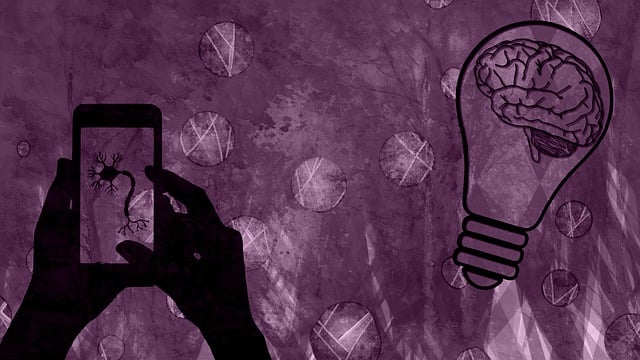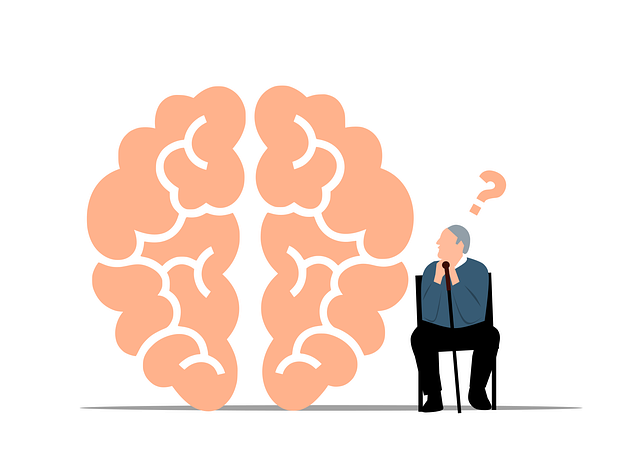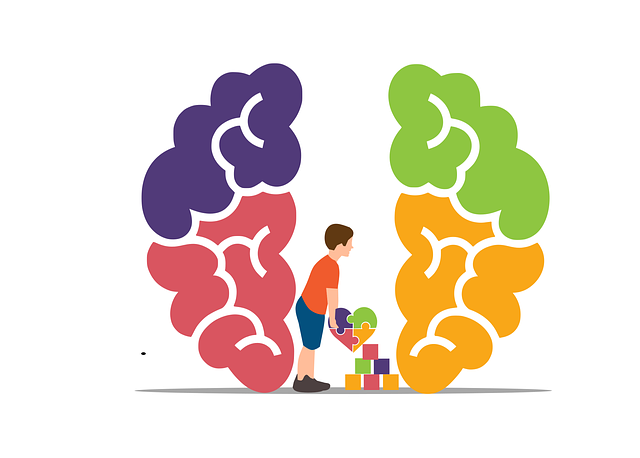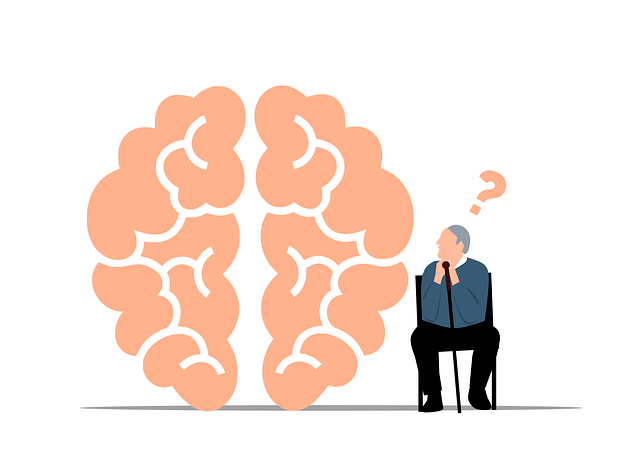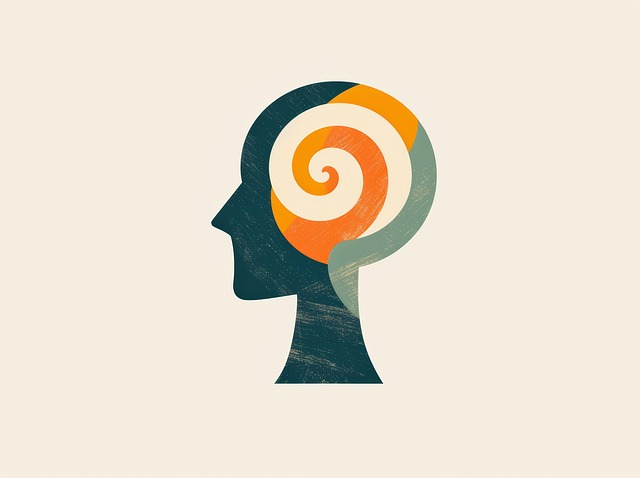Risk assessment is vital in mental healthcare, with Golden Cognitive Processing Therapy (GCPT) offering a unique approach. GCPT focuses on understanding individual cognitive processes and cultural sensitivity to identify and mitigate risks. By empowering clients to manage emotions and break negative thought patterns, GCPT enhances emotional resilience and prevents burnout. Integrating GCPT with strategies like Mindfulness Meditation, Depression Prevention, and Social Skills Training creates an effective harm minimization framework. This holistic approach ensures professionals can guide individuals towards improved well-being and safer lives.
In today’s complex landscape, effective risk assessment and harm minimization planning are vital for organizations aiming to foster safety. This comprehensive guide delves into these critical processes, offering valuable insights on understanding risk assessment as a foundational step towards harm minimization. We explore innovative approaches like Golden Cognitive Processing Therapy, revolutionizing risk management. Additionally, we provide practical strategies for implementing robust harm minimization plans, ensuring a proactive and thorough response to potential risks.
- Understanding Risk Assessment: A Foundation for Harm Minimization
- Golden Cognitive Processing Therapy: An Innovative Approach to Risk Management
- Practical Strategies for Implementing Effective Harm Minimization Plans
Understanding Risk Assessment: A Foundation for Harm Minimization

Risk assessment forms the bedrock upon which effective harm minimization planning is built. It’s a structured process that involves identifying potential hazards, evaluating their likelihood and potential impact, and implementing strategies to mitigate those risks. This systematic approach ensures that mental healthcare providers, akin to skilled navigators, can steer clear of pitfalls and protect the well-being of their clients.
Golden Cognitive Processing Therapy, for instance, highlights the importance of understanding an individual’s unique cognitive processes in risk assessment. By factoring in cultural sensitivity in mental healthcare practice and employing effective communication strategies, practitioners can tailor interventions that resonate with diverse populations. Mental health awareness plays a crucial role here, enabling professionals to recognize subtle cues and proactively address emerging risks, thereby fostering safer environments for all.
Golden Cognitive Processing Therapy: An Innovative Approach to Risk Management

Golden Cognitive Processing Therapy (GCPT) represents a revolutionary approach to risk management and harm minimization planning. This innovative therapy focuses on empowering individuals to navigate complex situations with enhanced emotional intelligence and improved mood management skills. By delving into the cognitive aspects of mental health, GCPT helps individuals identify and challenge negative thought patterns that can contribute to risky behaviors or burnout.
Through this therapeutic process, clients develop strategies for effective stress management and emotional regulation, fostering a sense of resilience. Such techniques are invaluable in mitigating potential risks and promoting overall well-being. By integrating GCPT into risk assessment protocols, professionals can offer more comprehensive support, ensuring that individuals not only address immediate concerns but also build sustainable coping mechanisms to prevent future burnout.
Practical Strategies for Implementing Effective Harm Minimization Plans

Implementing effective harm minimization plans requires a multifaceted approach that leverages practical strategies tailored to individual needs. One powerful tool is Golden Cognitive Processing Therapy (GCPT), which focuses on repatterning negative thought cycles and enhancing emotional regulation skills. By integrating GCPT into harm minimization planning, individuals can develop healthier coping mechanisms and improve their overall well-being. This therapy complements existing interventions like Mindfulness Meditation, proven effective in reducing stress and Depression Prevention, thereby fostering resilience.
Additionally, incorporating Social Skills Training can significantly bolster the effectiveness of these plans. Enhancing communication, empathy, and problem-solving abilities equips individuals to navigate social interactions with greater confidence and support. Together, these evidence-based practices create a robust framework for harm minimization, enabling professionals and caregivers to proactively guide individuals toward safer, more fulfilling lives while navigating challenging situations.
Risk assessment and harm minimization planning are essential components of any comprehensive strategy aimed at fostering safety and well-being. By understanding the foundations of risk assessment, exploring innovative therapies like Golden Cognitive Processing Therapy, and implementing practical strategies, individuals and organizations can effectively manage risks and mitigate potential harms. These approaches empower us to create safer environments and enhance overall resilience, ensuring a more secure future for all.



